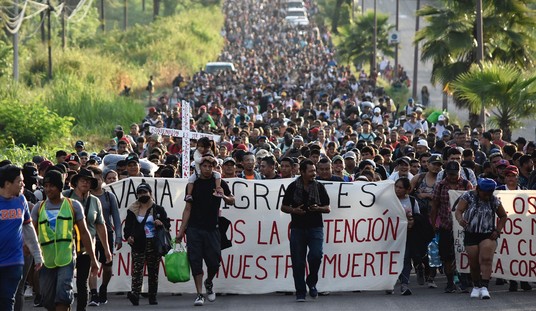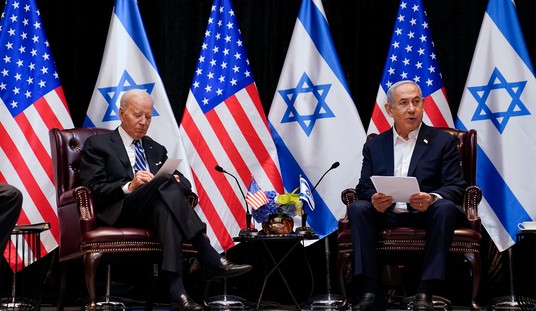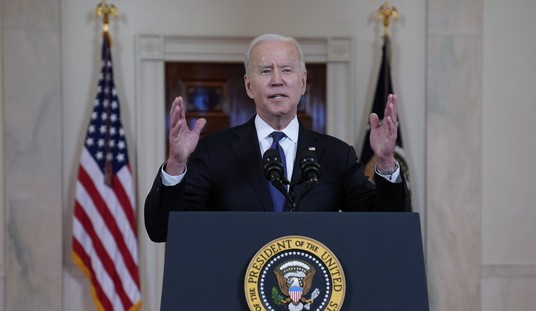As this extraordinary year totters to an end, I thought I would offer a few posts with some food for thought. My first installment draws a few passages from A World Restored: The Politics of Conservatism in a Revolutionary Era, on Henry Kissinger’s remarkable 1957 study of diplomacy in the Napoleonic and post-Napoleonic era, 1812-1822. That might seem a long time ago, but there is much in Kissinger’s book that is deeply pertinent to our situation today. Consider, to take but one example, these general reflections from the Introduction:
In a revolutionary situation . . . diplomats can still meet but they cannot persuade, for they have ceased to speak the same language. In the absence of of an agreement on what constitutes a reasonable demand, diplomatic conferences are occupied with sterile repetitions of basic positions and accusations of bad faith, . . . They become elaborate stage plays which attempt to attach as yet uncommitted powers to one of the opposing systems.
For powers long accustomed to tranquillity and without experience with disaster, this has been a hard lesson to come by. Lulled by a period of stability, which had seemed permanent, they find it nearly impossible to take a face value the assertion of the revolutionary power that it means to smash the existing framework. The defenders of the status quo therefore tend to begin by treating the revolutionary power as if it’s protestations were merely tactical; as if it really accepted the existing legitimacy but overstated its case for bargaining purposes; as if it were motivated by specific grievances to be assuaged by limited concessions. Those who warn against the danger in time are considered alarmists; those who counsel adaptation to circumstance are considered balanced and sane, for they have all the good “reasons” on their side: the arguments accepted as valid in the existing framework. “Appeasement”, where it is not a device to gain time is the result of an inability to come to grips with the policy of unlimited objectives. . . .
Principles of obligation in a period of legitimacy are taken so much for granted that they are never talked about, and such periods therefore appear to posterity as shallow and self-righteous. Principles in a revolutionary situation are so central that they are constantly talked about. The very sterility of the effort soon drains them of all meaning, and it is not unusual to find both sides invoking their version of the “true” nature of legitimacy in identical terms.
I’ve added the emphasis. As I look around the world today, I see so many echoes of that earlier time. Think only of our “peace” initiative in Iran. Kissinger concludes his introduction by reflecting on the stupendous achievements of Castlereagh and Metternich at the Congress of Vienna. After the disaster of the Napoleonic Wars, they forged a European peace that lasted a hundred years. Remarkable, yes, but Kissinger adds a not of melancholy: for what Castlereagh and Metternich gave the world was a “a stability so persuasive that it may have contributed to disaster.”
For in the long interval of peace the sense of the tragic was lost; it was forgotten that states could die, that upheavals could be irretrievable, that fear could become the means of social cohesion. The hysteria of joy which swept over Europe that outbreak of the First World War was a symptom of a fatuous age, but also of a secure one.








Join the conversation as a VIP Member